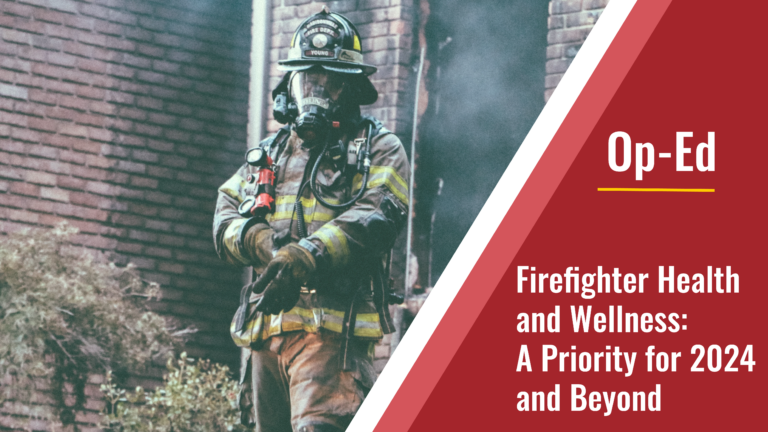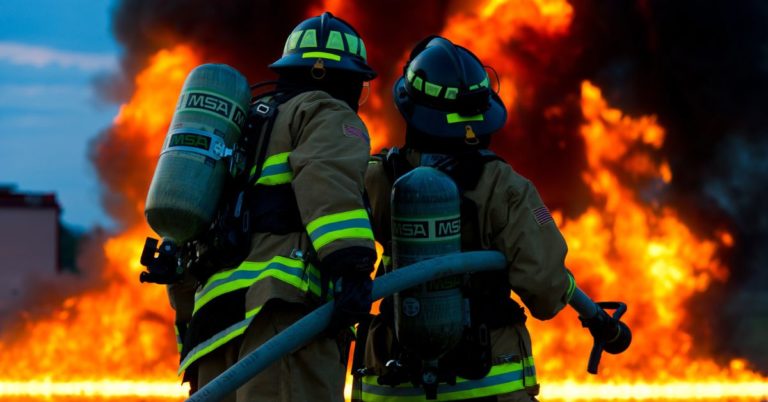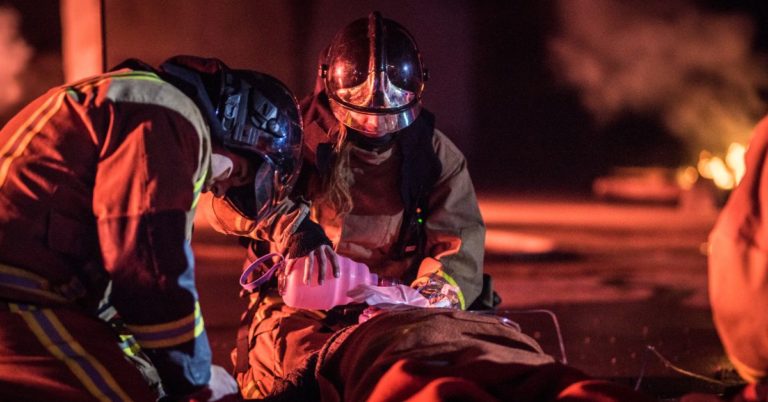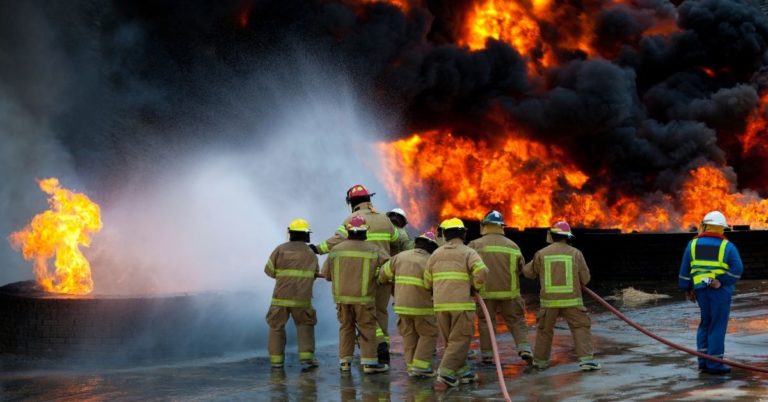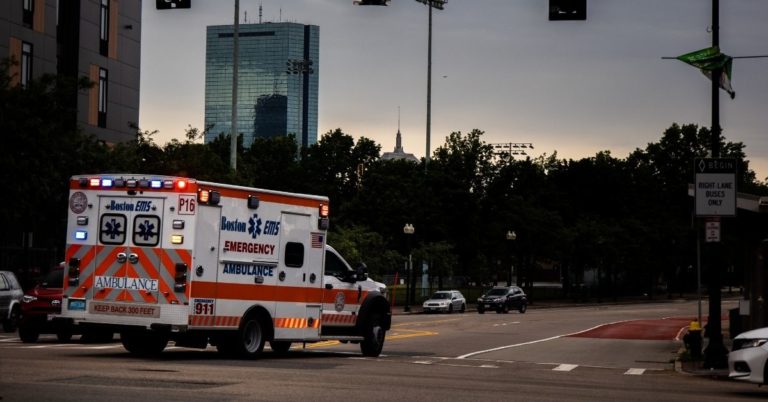Firefighters frequently jeopardize their health and physical integrity during their regular duties. And while most firefighters enter the profession willing to risk themselves to save others, the truth is they shouldn’t have to – at least not when it can be prevented. And yet, obtaining the basic protections requires long-term organized political action.
Today, let’s look at Georgia’s steps to defend its defenders.
Why We Need Presumptive Disability Laws
Presumptive disability laws link a particular occupation with a specific health condition and presume the condition was caused by the job. This way, workers can access coverage and compensation for their occupational hazards.
But why do we need to presume anyway?
Few insurance companies would deny us treatment for a burn or question that it happened during a fire. But what about the slow, cumulative damage we endure?
Handling contaminated PPE, smoke inhalation, and constant exposure to carcinogens slowly take a toll on the human body. This is noticeable on a large scale: both the National Institute for Occupational Safety and Health (NIOSH) and the Center for Disease Control and Prevention (CDC) agree firefighters are disproportionately affected by over a dozen types of cancers and heart disease.
Large figures tell one side of the story – but they rarely prove anything when it’s time for litigation. It would be impossible for a firefighter to prove that their job gave them cancer, and they shouldn’t have to. Presumptive disability laws can help us ensure firefighters get compensated for the harm they took on behalf of the general population.
Georgia Status Report
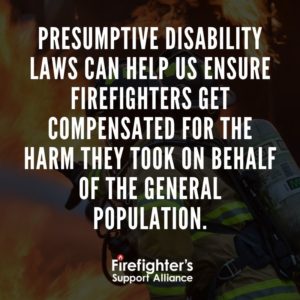
Currently, the Georgia State Indemnification Fund manages presumptive disability coverage in the state of Georgia. The law mandates that each fire department must provide its workers minimum benefits if they develop any of the following types of cancer: bladder, blood, brain, breast, cervical, esophageal, intestinal, kidney, lymphatic, lung, prostate, rectum, respiratory tract, skin, testicular, and thyroid cancer; leukemia; multiple myeloma; and non-Hodgkin’s lymphoma.
Naturally, each Department is encouraged to go above these minimum requirements. If a firefighter buys separate or supplementary insurance, they will not lose the minimum benefits of the Georgia State Indemnification Fund.
The progress
Let’s look at the positive aspects of Georgia’s law:
Career and volunteer firefighters are protected after only 12 consecutive months of service. After this time, they will receive a lump sum benefit if diagnosed with any cancer listed.
The largest sums (of up to $25,000) go to firefighters who develop metastatic cancer, require surgery, radiotherapy or chemotherapy, or are deemed “terminal” – that is, they are expected to die within 24 months and will not benefit from therapy.
For milder forms of cancer – such as carcinoma in situ or cancers that are not spread, malignant melanomas, or small tumors that can be treated with endoscopic procedures alone – firefighters can receive up to $6,250.
The same law also secures disability pay for career firefighters, which may go up to $5,000 or 60% of their monthly salaries. Finally, volunteer firefighters can receive up to $1,500 for 36 consecutive months.
The room for growth
Although it lists some minimum provisions, Georgia’s current legislation is far from perfect. Currently, two significant gaps remain to be filled.
First, disability pay for volunteer firefighters remains insufficient. Many smaller towns and rural communities in Georgia still rely on volunteers for their local fire departments. These volunteers keep different jobs that may not necessarily provide coverage.
Second, occupational hazards for firefighters go beyond the physical. Currently, there are no mentions of presumptive benefits for mental health. If a firefighter gets PTSD, they need to prove it stems from the traumatic experiences they suffered while on the job.
We cannot deny the tremendous progress we’ve achieved regarding job safety. Modern firefighters now have access to safety gear and technology that our grandparents could have only dreamed of. But as a society, we must continue improving how we treat our first responders. Their willingness to stand in harm’s way deserves no less.

